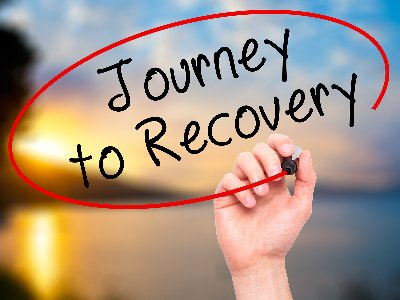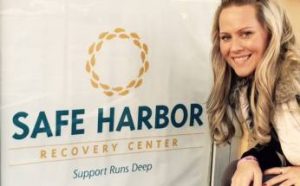
Every day, we hear the stories of people who have overcome barriers to their success. In New Hampshire, Ashley’s life was a downward spiral in a tangle of opioid addiction. She spent time in jail. She lost her husband to a drug overdose. She lost custody of her child. She came perilously close to death herself. But then she found recovery. And today, Ashley is recovering out loud. She works at our Safe Harbor Recovery Center in Portsmouth, NH as a recovery coach. She tells her story over and over again to people who are at the cusp of their recovery. She gives them hope by example. Every day, she works her recovery by bravely telling her story and helping spark others’ courage.

In a recent New Yorker, in an article “The Addict Next Door,” Margaret Talbot writes about the opioid crisis in West Virginia, which holds the sad distinction of being number one in the country for opioid overdose deaths. (New Hampshire is second.) The article depicts the dark story of town after town suffering from too many young deaths. One of the root causes of the ongoing epidemic is the unwillingness for people to admit out loud that their loved one was caught in the clutches of addiction. Instead they—and their loved ones—are hemmed in by shame and by stigma. Obituaries do not name the cause of death. Family members don’t talk about it. No one asks. And the epidemic continues.
Obviously, having the right resources to answer the need is key. But it is by speaking up and telling our stories that barriers can begin to lift and stigma begins to melt away. When we tell our stories out loud, that’s when the power of possible becomes real. That’s when action and forward momentum is possible.
What can those of us who want to support our clients, neighbors, family members or friends do? We can listen. We can listen without judgment, knowing that what has happened to another can happen to us at any time. Ashley didn’t grow up dreaming of becoming addicted to heroin. None of the people we serve dream of a life of barriers. When we listen to others’ stories, we give them room to take action and to change. We cannot turn away from those with barriers. We need to listen and to imbue in them hope and the belief in the power of possible.